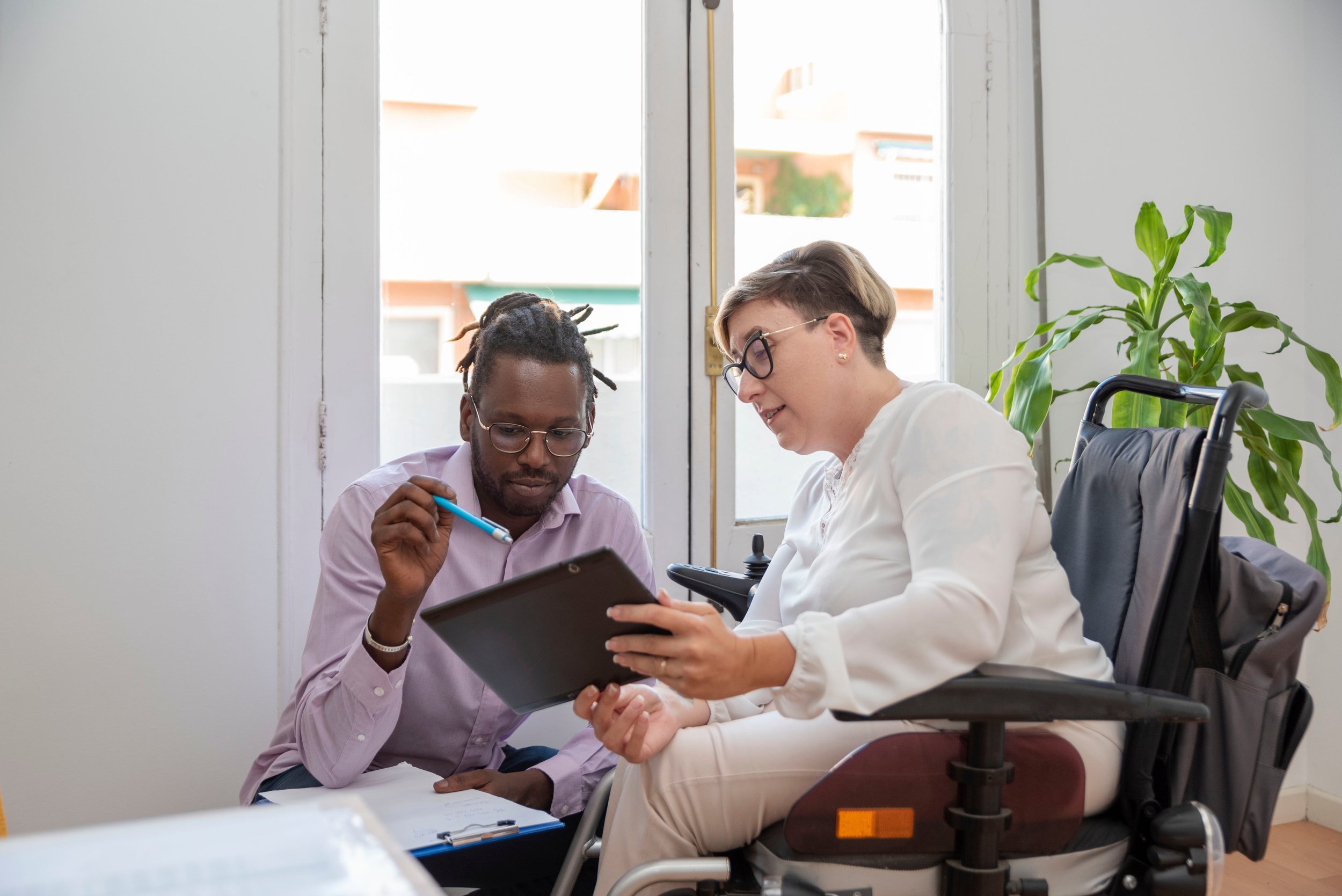This lesson delves into a comprehensive understanding of the term "ally," exploring its nuances and the defining attributes that an ally encompasses. Moreover, we shed light on a crucial aspect: the five distinct roles that individuals can adopt to become effective allies when confronted with instances of injustice.
Being an ally transcends mere surface-level support; it involves a profound commitment to promoting equity and justice for marginalized communities. An ally embodies qualities such as empathy, active listening, and a genuine desire to learn and understand the experiences of those facing systemic oppression. By acknowledging their privilege and utilizing it to uplift others, allies play a pivotal role in dismantling discriminatory structures.
As we move forward, the lesson unpacks five distinct ally roles that offer tangible strategies for combating injustice. These roles, when implemented collectively or individually, have the potential to bring about meaningful change. They include:
Amplifier: An ally can actively use their platform and voice to amplify the voices of those who are often silenced. By sharing the stories and perspectives of marginalized groups, they contribute to raising awareness and fostering empathy.
Advocate: Advocacy involves standing up against injustice, whether by engaging in conversations or taking part in activism. Allies can use their influence to drive change by supporting policies and initiatives that promote equality.
Educator: By educating themselves and others about the history and challenges faced by marginalized communities, allies contribute to dismantling stereotypes and biases. This role involves fostering understanding through open dialogue and sharing accurate information.
Interrupter: Allies can disrupt microaggressions and discriminatory behaviors when they occur. By addressing these issues in the moment, they create spaces that are more inclusive and respectful.
Learner: Continuous self-education is essential for allies. This role involves recognizing that allyship is an ongoing journey, and actively seeking to expand one's knowledge about various forms of oppression and the experiences of marginalized groups.
In conclusion, this lesson provides an in-depth exploration of allyship, elucidating its multifaceted nature and highlighting the fundamental roles that allies can embrace. By internalizing these roles and implementing them in real-life scenarios, individuals can become effective agents of change in the ongoing struggle for justice and equality.

